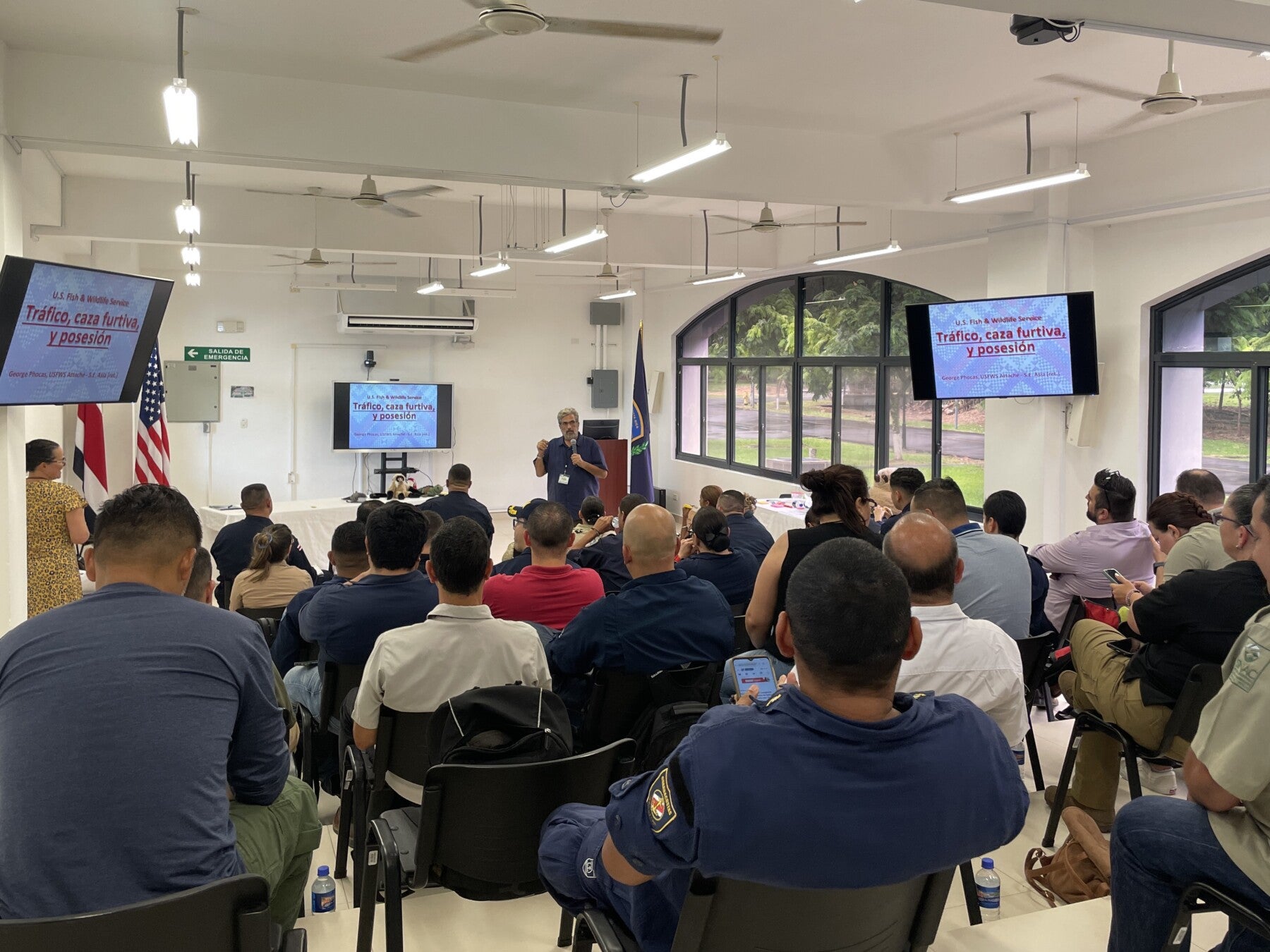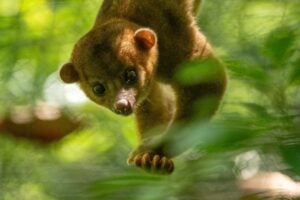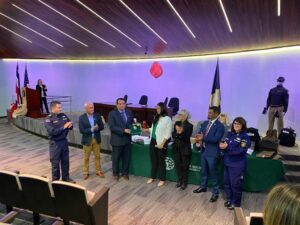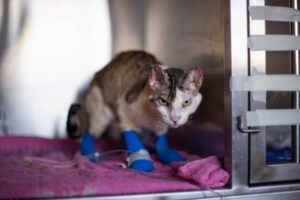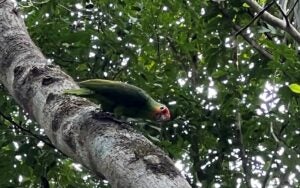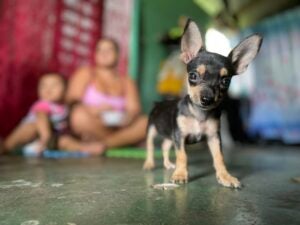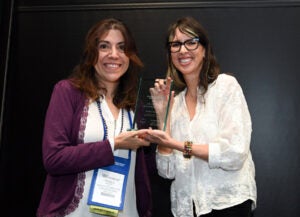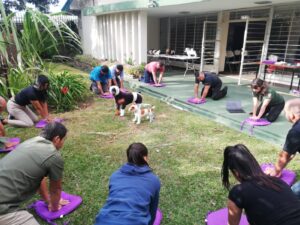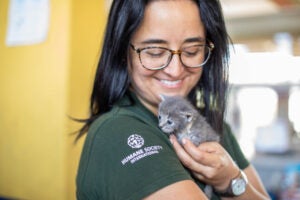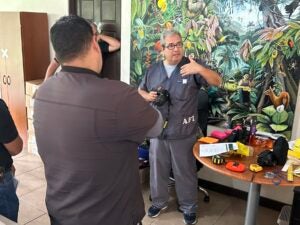
SAN JOSE—More than 250 government officials, veterinarians and other professionals in Costa Rica, El Salvador and Guatemala attended a series of trainings provided by the animal protection organization Humane Society International to reinforce their knowledge investigative techniques and forensic veterinary medicine to apply in cases of crimes committed against animals.
In all three countries, officials participated in a workshop that addressed topics such as crime scene inspection, evidence collection and errors that may affect the chain of custody. For veterinarians, trainings involved their role in identifying animal cruelty and crimes against wildlife and how to properly describe injuries and create expert reports and other topics.
Victor Gonzalez, veterinarian and director of the International Animal Forensic Science Working Group, carried out a simulation that allowed participants to put into practice their crime scene investigation knowledge.
“Through this training, we want to share different perspectives that must be taken into account in both civil and criminal investigation of cases where animals are involved. Today, many guidelines for crimes committed against humans are followed, but perhaps we should follow a different path, due to the context in which these types of illegal acts occur,” said Gonzalez.
“For example, understanding how to handle a crime scene—which is the starting point of any investigation—is crucial for all subsequent laboratory work and for the final interpretation, where different disciplines must participate. It is changing the paradigm of what exists until today, for a more comprehensive vision,” Gonzalez added.
“It’s important for law enforcement officials to be well versed in crimes committed against animals. Our work in Central America supporting local authorities with animal welfare is incredibly meaningful because it increases the chances that these cases will be properly investigated and prosecuted,” Andrea Borel, director of HSI/Latin America, said.
ENDS
Media Contact: Alejandra Zúñiga: (506) 7012-5598; alezuniga@outlook.com

